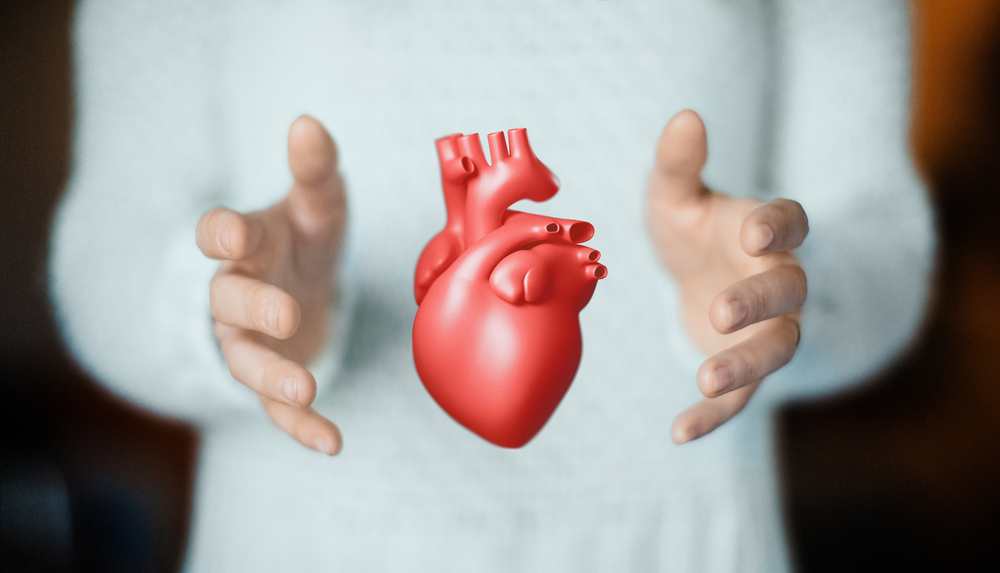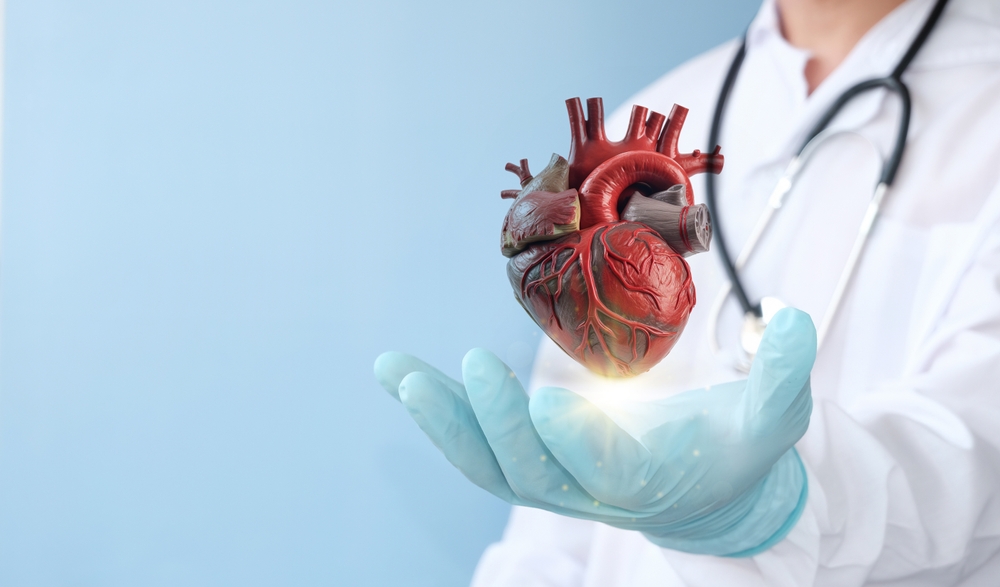
Screening and Treating Transplant Coronary Artery Disease
As we all age, so do our hearts, mainly when relying on a heart transplant. You’re not alone if you’re attempting to manage your health following a heart transplant in India. Monitoring and managing transplant coronary artery disease (TCAD) is crucial for prolonging the life of the transplanted heart. Let’s explore how India is emerging as a centre for transplant care and the critical actions required for correctly diagnosing and managing TCAD.
What is transplant coronary artery disease?
Transplant coronary artery disease (TCAD) is a unique and complex form of coronary artery disease that can occur in patients who have undergone a heart transplant. Unlike traditional coronary artery disease, which typically involves the buildup of plaques in the large coronary arteries, TCAD affects both the large arteries and the microvasculature of the transplanted heart.

Characteristics and Causes
The exact cause of TCAD is not entirely understood, but it is believed to be primarily immune-driven. The recipient’s immune system reacts against the donor’s heart, leading to chronic inflammation and vascular injury. Other contributing factors may include:
- Chronic rejection: Long-term immune response against the transplanted heart.
- Infections: Certain viral infections can exacerbate the immune response.
- Metabolic disorders: Conditions such as diabetes and high cholesterol.
- Hypertension: High blood pressure can damage the vascular lining.
- Cytomegalovirus (CMV) infection: This specific virus has been linked to the development of TCAD.

Diagnosis of TCAD
Diagnosing TCAD involves various imaging techniques like coronary angiography, intravascular ultrasound, or other advanced imaging modalities that help visualize the inside of the coronary arteries. Due to its aggressive nature, regular and frequent monitoring is necessary to detect TCAD early in post-transplant patients.
Early Screening: The First Step After a Heart Transplant in India
Following a heart transplant, patients face the risk of various complications, with TCAD being among the most serious. This disease can sneak up silently, making thorough and regular screenings a necessity, not a luxury. Here’s how screening is typically approached:
- Routine Check-ups: Regular visits to a cardiologist are essential for monitoring the heart’s health and early detection of potential issues post-transplant, ensuring timely interventions. These check-ups help manage the patient’s overall cardiac care and adjust necessary treatments to prevent complications.
- Coronary Angiography: Often considered the gold standard for detecting coronary artery issues, coronary angiography allows doctors to visualize blood flow through the arteries, identifying blockages or abnormalities. This diagnostic tool is critical for planning appropriate interventions, such as PCI or CABG.
- Intravascular Ultrasound: This technique provides a detailed view of the artery walls, offering insights into the extent of atherosclerosis not visible with other imaging methods. Intravascular ultrasound is invaluable for assessing the severity of coronary artery disease and guiding precision treatments.
Early detection through these methods not only extends the lifespan of the transplant but also ensures better overall outcomes for the patient.

India has become a hub for advanced medical procedures, including heart transplantation and the associated post-operative care. The country has adopted several cutting-edge screening techniques that are critical in the early detection and management of transplant coronary artery disease (TCAD).
Effective Treatment Options Post-Heart Transplant in India
Once diagnosed, the treatment of TCAD requires a nuanced approach. The aim is to manage symptoms and halt the progression of the disease. Treatment modalities include:
- Medications: Medications such as statins are used to manage cholesterol levels, while immunosuppressants help prevent graft rejection, essential for the long-term success of a heart transplant. These drugs are crucial in preventing and treating transplant coronary artery disease by controlling immune response and lipid levels.
- Percutaneous Coronary Intervention (PCI): PCI is a non-surgical procedure that uses a balloon catheter to open narrowed coronary arteries, improving blood flow to the heart. This minimally invasive approach is often preferred for its quick recovery times and reduced risk compared to open heart surgery.
- Coronary Artery Bypass Grafting (CABG): CABG is recommended when PCI is unsuitable, such as in severe blockages or multiple affected arteries. This surgery involves using a vessel from another part of the body to bypass the blocked coronary artery, restoring adequate blood flow to the heart muscle.
These treatments highlight the comprehensive care available post-heart transplant in India, ensuring that patients receive the best possible management strategies post-transplant.

Post-treatment, the journey isn’t over. Ongoing monitoring and lifestyle adjustments play a critical role in the health of the heart transplant recipient. Regular follow-ups, medication adherence, and lifestyle modifications like a balanced diet and appropriate physical activity are imperative.
Why Choose India for Your Heart Transplant and TCAD Care?
India’s prowess in healthcare, especially in cardiology, has dramatically risen. Here’s why it’s a wise decision to choose India for your heart care:
- Experienced Specialists: Indian cardiologists are renowned for their expertise and experience, often having trained internationally before bringing their skills back home. They are known for their success in treating complex cardiac cases, which attracts patients from all over the world.
- Advanced Healthcare Infrastructure: With state-of-the-art facilities, India is at the forefront of medical technology and is equipped with cutting-edge tools for diagnosis and treatment. The country’s hospitals boast some of the latest medical devices and innovative technologies, ensuring high standards of care.
- Cost-Effective: Compared to many Western countries, medical treatments in India are more affordable without compromising quality, making it a preferred destination for medical tourism. Patients can receive world-class care at a fraction of the cost they would incur in countries like the USA or UK.

Final Words
A heart transplant in India can give a person a new lease on life, but the recovery process necessitates close medical attention. Screening and treatment of TCAD are critical components of post-transplant care that cannot be overlooked. As India continues to enhance its medical capabilities, it remains one of the top destinations for heart transplants and subsequent care.
Choosing the right healthcare provider and staying informed about the latest treatments and technologies can significantly influence outcomes. Whether you’re a local or an overseas patient, it’s important to know your possibilities for a heart transplant in India and the required follow-up for disorders like TCAD. With platforms like Curebridge, it becomes easier to make such decisions. Visit the Curebridge website to find out more.
People Also Read: Unveiling The Hidden Expenses of Bypass Surgery: Beyond the Surgical Cost
